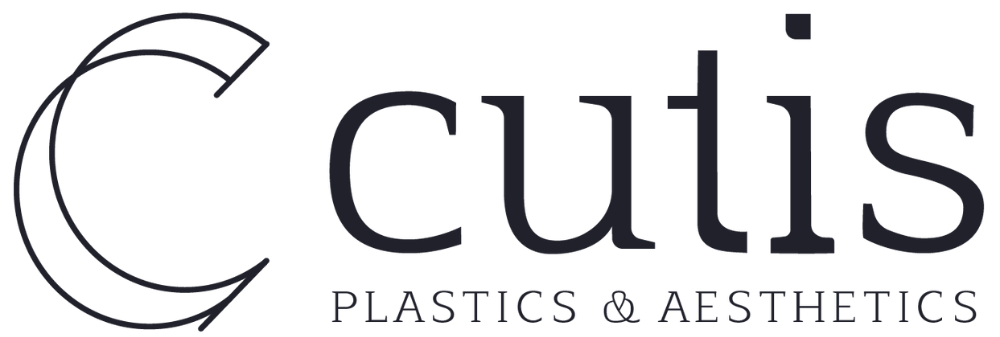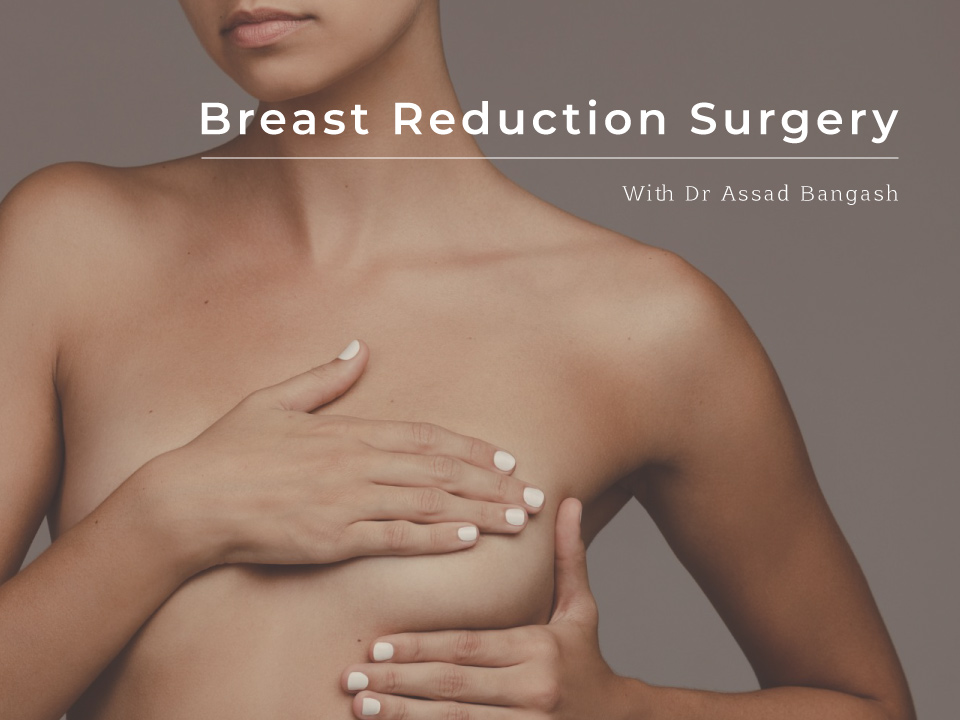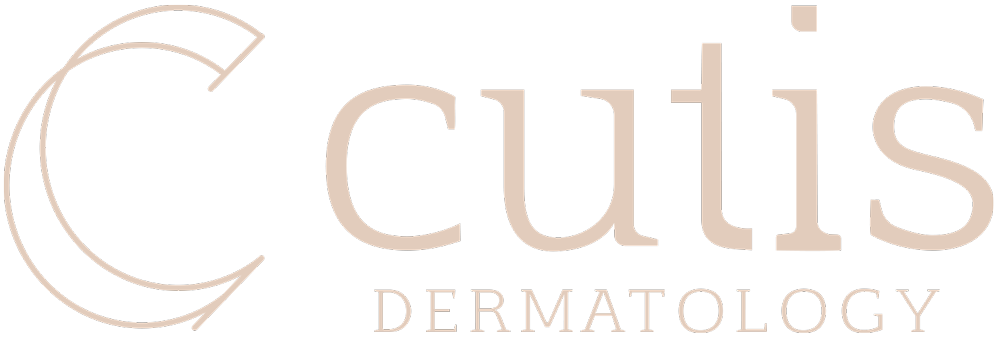At Cutis Clinic Brisbane, our surgeons provide safe and effective general surgery with a focus on fast recovery, minimal discomfort, and personalised care. Patients benefit from modern techniques, including laparoscopic (keyhole) surgery, which often means smaller scars and quicker return to daily life.
Cutis Clinic Brisbane offers a variety of general surgery options:
- Hernia surgery
- Gall bladder
- Colonoscopy
- Gastrocopy
- Bowel surgery
Our results speak for themselves
General Surgery
Hernia surgery
Gall bladder
Colonoscopy
General Surgeons Brisbane
Dr. Assad Bangash is a highly experienced plastic, aesthetic, hand and reconstructive surgeon with over 25 years of expertise. Trained in the UK, he holds fellowships from both the Royal College of Surgeons Edinburgh and the Royal Australasian College of Surgeons. Dr. Bangash specializes in a broad range of procedures, including breast surgery, body contouring, facial aesthetics, hand reconstruction, and skin cancer reconstruction. He is committed to delivering personalized care, prioritizing patient safety, and achieving natural-looking results
Dr. Nasrin Davarpanah is a highly experienced general surgeon with a special interest in breast surgery. With over 20 years of surgical expertise gained across multiple countries, she completed her training in Breast Oncoplastic and General Surgery in the UK. Dr. Davarpanah obtained her fellowship in Breast and General Surgery from the Royal College of Surgeons Edinburgh in 2010 and furthered her training in Australia, earning her fellowship in General Surgery from the Royal Australasian College of Surgeons in 2016.
With over 30 years of experience, our surgeons are deeply committed to providing high-quality, patient-centered care, focusing on safety, informed consent, and achieving optimal patient outcomes.
General Surgery FAQs
Why choose Cutis Clinic Brisbane?
Cutis Clinic Brisbane, is a premier destination for both aesthetic and reconstructive surgery, offering world-class care with a strong commitment to patient safety and satisfaction. With over 50 years of combined experience, Dr. Bangash and Dr. Davarpanah, bring exceptional skill in a wide range of surgical procedures, ensuring natural-looking results tailored to each patient’s unique needs.
What does a General Surgeon treat?
General surgeons are trained to perform a wide range of operations, including procedures on the abdomen, digestive system, breast, skin, and soft tissues. Common surgeries include hernia repair, gall bladder removal, colonoscopy, gastroscopy, and bowel surgery.
What is a hernia and how is it treated?
A hernia occurs when an organ or tissue pushes through a weak spot in the abdominal wall. Surgery is often recommended to prevent complications such as pain or bowel obstruction. The operation can be performed through open or keyhole (laparoscopic) surgery.
What is gall bladder surgery and why is it needed?
Gallbladder removal (cholecystectomy) is performed when gallstones cause pain, infection, or digestive issues. It is one of the most common general surgical procedures and is usually done laparoscopically, meaning smaller cuts and quicker recovery.
What is a colonoscopy and why might I need one?
A colonoscopy is a procedure where a thin camera is passed into the large bowel to check for abnormalities such as polyps, bleeding, or signs of bowel cancer. It’s often recommended for people with bowel symptoms or as part of bowel cancer screening.
What is a gastroscopy and when is it performed?
A gastroscopy (or endoscopy) involves passing a small camera through the mouth into the oesophagus, stomach, and first part of the small bowel. It is used to diagnose conditions such as reflux, ulcers, or unexplained stomach pain.
What is bowel surgery?
Bowel surgery may involve removing part of the small or large intestine for conditions such as bowel cancer, diverticulitis, Crohn’s disease, or severe bleeding. Depending on the condition, it may be performed using open or laparoscopic methods.
How long is the recovery after general surgery?
Recovery depends on the type of surgery, your overall health, and whether the procedure was done laparoscopically (keyhole) or as an open operation. Below is a guide for the most common procedures:
| Procedure | Hospital Stay | Return to Light Activity | Return to Work/Normal Activity | Full Recovery | Notes |
|---|---|---|---|---|---|
| Hernia Repair | Same day (day surgery) | Within a few days | 1–2 weeks (light duties); avoid heavy lifting | 4–6 weeks (open repair); 2–4 weeks (laparoscopic) | Keyhole surgery often means quicker recovery. |
| Gall Bladder Removal (Cholecystectomy) | Day surgery or 1 night | 3–5 days | 1–2 weeks (most patients) | 3–4 weeks (laparoscopic); 6–8 weeks (open) | Diet changes may be needed at first (low fat). |
| Colonoscopy | Day procedure | Same day | Next day | Immediate | Some bloating or drowsiness may last 24 hrs. |
| Gastroscopy | Day procedure | Same day | Next day | Immediate | Possible mild sore throat or bloating for 24 hrs. |
| Bowel Surgery | 5–10 days (depending on complexity) | 2–3 weeks | 3–6 weeks (light work); longer if heavy work | 6–8 weeks (laparoscopic); 8–12 weeks (open) | Longer recovery if a stoma is created. Fatigue common. |
Will I need special preparation before surgery?
Yes. Preparation depends on the type of procedure. For example, colonoscopy and bowel surgery usually require bowel preparation (a cleansing drink to empty the bowel). For other operations, you may need fasting, blood tests, or adjustments to your regular medications. At Cutis Clinic Brisbane, we will provide you with a clear Admission Guide that outlines exactly what to do before your surgery, so you feel well-prepared and confident every step of the way.
What can I expect after surgery?
There will be a mild to moderate amount of pain and discomfort associated with the surgery. This should be easily controlled with oral medications.
The discomfort and pain should begin to decrease within 48 hours after surgery. A significant increase in pain after this period should prompt you to call the office.
All incisions that are made in the skin will heal by forming a scar. Dr Bangash will always make your incision as hidden as possible.
Initially after surgery, incisions will often appear to be raised and redder than is desirable. Don’t worry, they will eventually flatten, and the redness will generally fade. However, your flap will not be completely healed for about 1 year after surgery.
Immunosuppressed patients (HIV positive, chemotherapy, AIDS etc.) and patients with certain autoimmune disorders may not be good candidates for this procedure as the risks of poor healing and infection leading to permanent scarring and poor aesthetic results may be much higher. It is mandatory that you inform Dr Bangash if you have any of these conditions before surgery.
CALL THE OFFICE PROMPTLY IF YOU NOTICE ANY OF THE FOLLOWING:
- significant increase in pain after the first 48 hours following surgery
- development of a temperature exceeding 37.8 degrees.
- the area of the incision becomes red, has purulent drainage, or is very warm to touch.
If any of the above should occur after regular office hours, do not hesitate to reach us through the answering service. For whatever reason, if you notice one of the above changes and cannot reach us at our office or through the answering service, present yourself to the emergency department for evaluation.
What can I expect after facial flap surgery?
There will be a mild to moderate amount of pain and discomfort associated with the surgery. This should be easily controlled with oral medications.
The discomfort and pain should begin to decrease within 48 hours after surgery. A significant increase in pain after this period should prompt you to call the office.
All incisions that are made in the skin will heal by forming a scar. Dr Bangash will always make your incision as hidden as possible.
Initially after surgery, incisions will often appear to be raised and redder than is desirable. Don’t worry, they will eventually flatten, and the redness will generally fade. However, your flap will not be completely healed for about 1 year after surgery.
Immunosuppressed patients (HIV positive, chemotherapy, AIDS etc.) and patients with certain autoimmune disorders may not be good candidates for this procedure as the risks of poor healing and infection leading to permanent scarring and poor aesthetic results may be much higher. It is mandatory that you inform Dr Bangash if you have any of these conditions before surgery.
CALL THE OFFICE PROMPTLY IF YOU NOTICE ANY OF THE FOLLOWING:
- significant increase in pain after the first 48 hours following surgery
- development of a temperature exceeding 37.8 degrees.
- the area of the incision becomes red, has purulent drainage, or is very warm to touch.
If any of the above should occur after regular office hours, do not hesitate to reach us through the answering service. For whatever reason, if you notice one of the above changes and cannot reach us at our office or through the answering service, present yourself to the emergency department for evaluation.
Is surgery always necessary?
Not always. For some conditions, such as gallstones or hernias, surgery may only be recommended if symptoms cause pain or complications. For others, like bowel cancer, surgery is often essential. Dr. Assad Bangash or Dr. Nasrin Davarpanah will help you weigh the risks and benefits.


